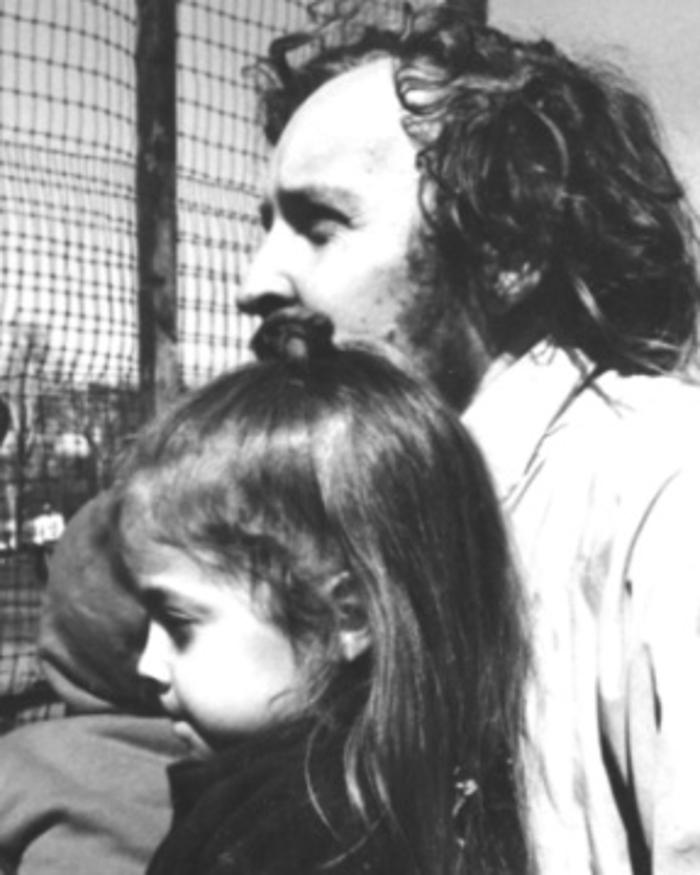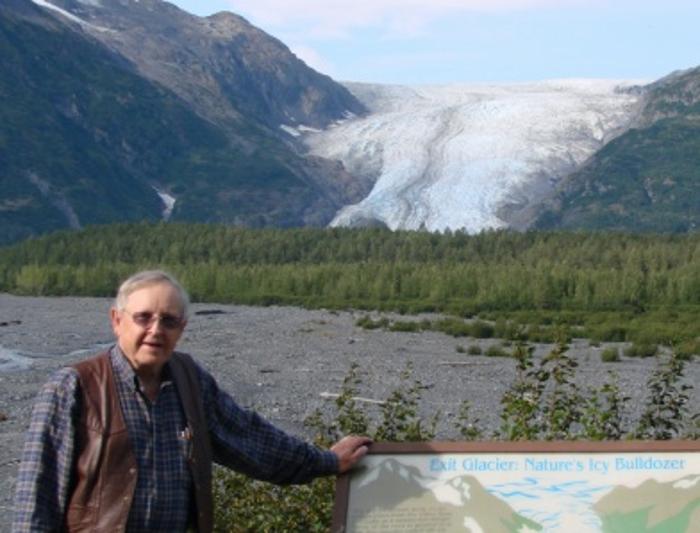PAUL FRIESEMA
Then:
Assistant Professor, Urban Affairs Center, Political Science, Northwestern University; Faculty Fellow, Institute for Policy Research; Ph.D. University of Iowa; J.D., Detroit College of Law.

Now:
Professor Emeritus, Political Science Department, Institute for Policy Research; Prof. Friesema's research and interest includes natural resources, environmental policy and urban politics. He is coauthor of "Forecasts and Environmental Decision Making," Westview Press, 1987. He is conducting a long-term study of the political empowerment of native peoples on issues concerning natural resources. His current research focuses on the new biological and cultural roles that national parks will play in the next century.

What are your memories of Project Survival and NSBE?
"I went to a lot of the events, and cancelled classes to encourage my students to attend. I remember the Native Americans taking the stage - they had a real interest in these issues. Paul was an assistant professor at the time, in Urban affairs.
"(Project Survival) was the equivalent of the Vietnam ‘teach-ins" - but was a ‘teach-out" focused on outreach. WBBM did a live broadcast."
"I remember that NSBE had a library for books, journals - everything pertaining to environmental issues - it was in one of the old WW II Quonset hut buildings." Paul is referring to Shanley Hall, still standing today, located behind Lunt Hall. "I think they got money for this from Commonwealth Edison. Thomas Ayres was CEO of Comm. Ed. and chairman of the board of trustees at Northwestern at the time."
"There were some students that argued that this was a diversion from the antiwar movement, but others said it one and the same - there were some "green" peace signs, for example - that was the origin of Greenpeace."
What happened to the desire from students and faculty to create an environmental studies center? note: Prof. Larry Gilbert, chair of the biology department and one of the faculty involved with NSBE and Project Survival had pushed unsuccessfully for a Center for Environmental Research in 1970/71. He eventually left NU for the University of North Carolina.
Paul relates what was has happened over time at Northwestern in regard to developing environmental curriculum and research:
"NU created a joint student and faculty committee (in the early 1970s) to plan course changes - Prof. Jimmie Quon (Civil Engineering) was the chair - he was very forward thinking; however, he became ill and died while chairing the committee. That was the end of restructuring.
Later on there were dramatic changes going on in academics - they knocked the props out of what we could do. The University closed the geography department; there were only two professors left at that time, including John Hudson (now Prof. Emeritus). In Tech, there was a Planning Program (land use) in Civil Engineering, and that was abolished, and an ecology program in Biological Sciences was eliminated as the biology department was more and more oriented to medicine.
A new committee was constituted after a while - we proposed an interdisciplinary environmental center. At that time we made a major effort to build out environmental programs but it didn't come to much. The University tried to marry this idea to Geological Sciences, in an attempt to shore up that department. They were supposed to hire a director for an (environmental) center but that didn't happen. Unfortunately, the focus was not on what students wanted.
In the 1990's President Webber and Provost Cohen could foresee that environmental issues were going to be very important and would generate resources - they created the Northwestern University Environmental Council, which I co-chaired. But President
Bienen didn't pick up on these issues, and we lost the Environmental Council. However, the Institute for Policy Research, (which had worked in conjunction with the Council) remains."
Paul mentioned that Northwestern may have been at a disadvantage in not having a forestry department from which many of the environmental programs have emerged, such as those at Yale and University of Michigan. Northwestern is are now offering a doctoral program in Plant Biology and Conservation in cooperation with the Chicago Botanic Garden's Science and Academic Programs.
But it's coming around again - students are pushing once again for more focus on an environmental curriculum or the development of a center. And this time could be different.
Back to Project Survival Participants
